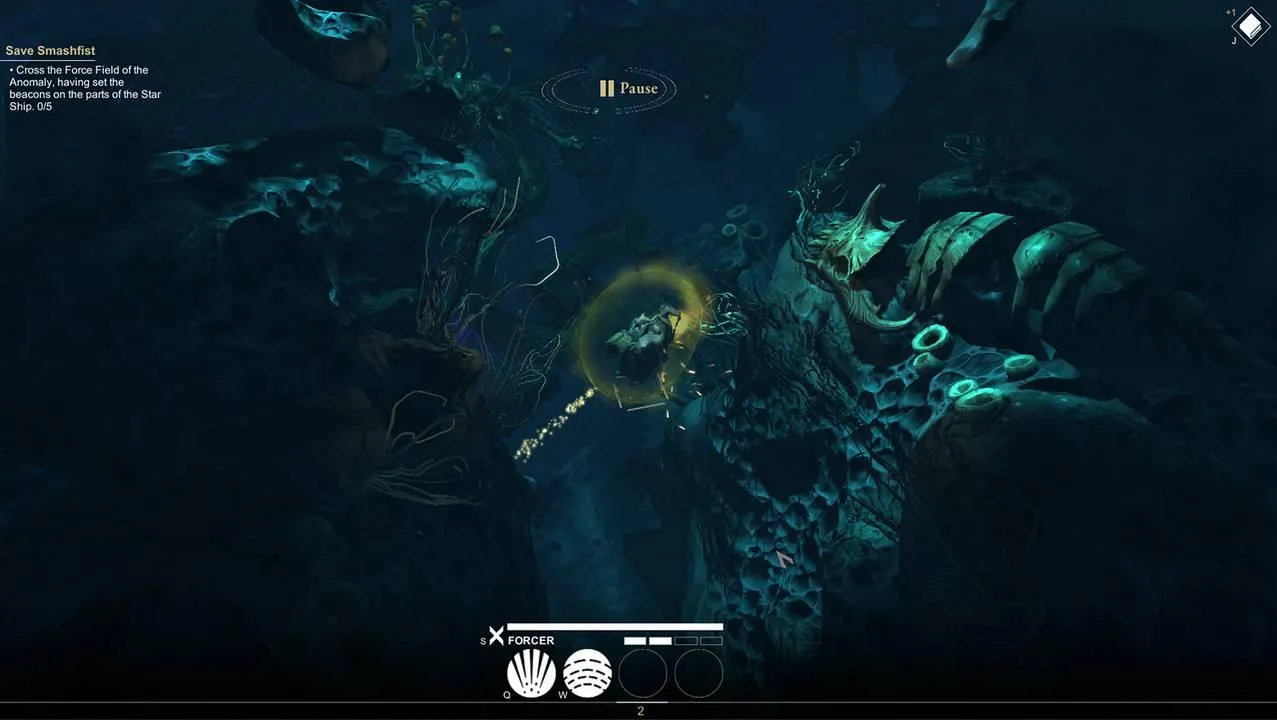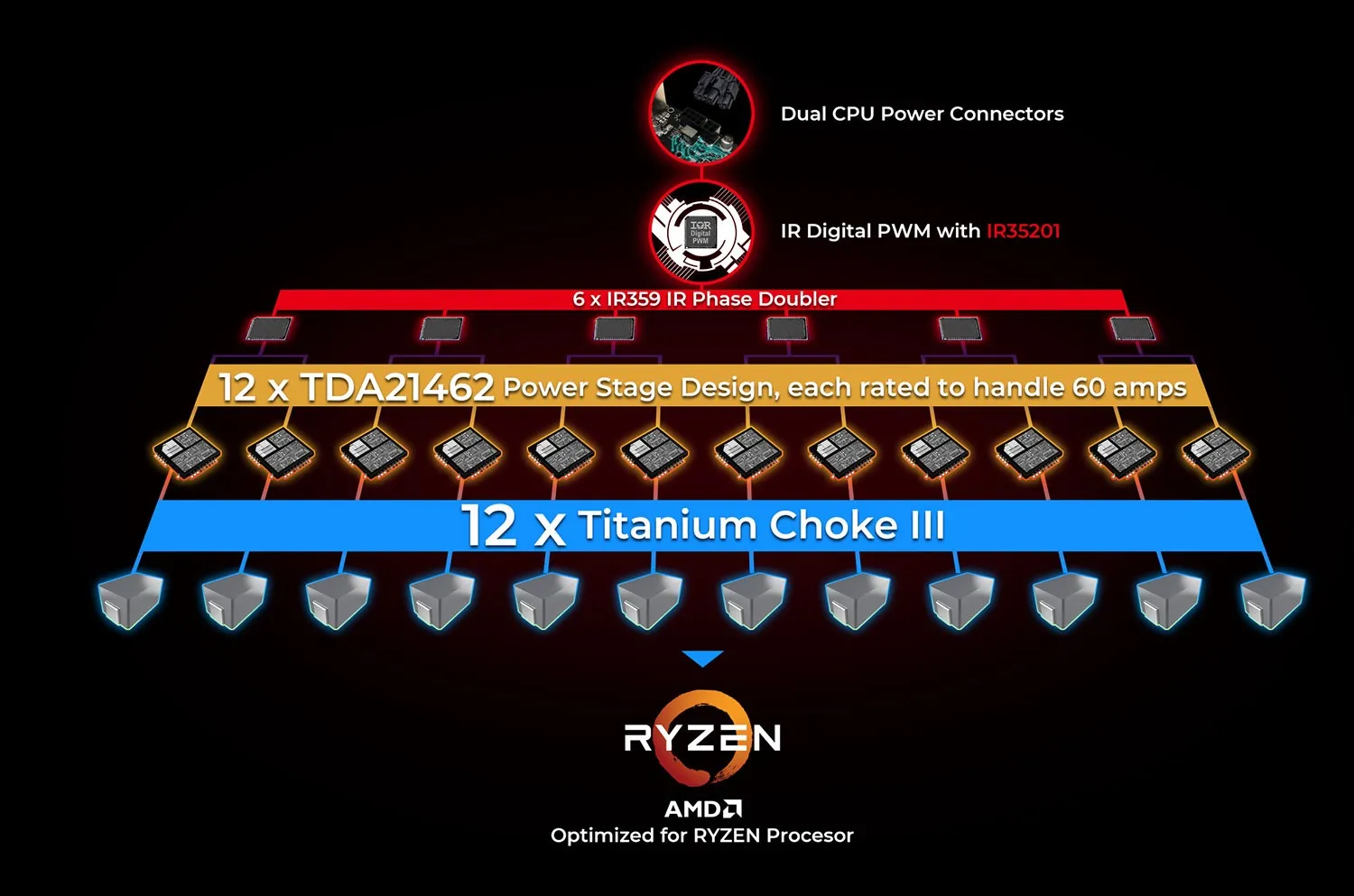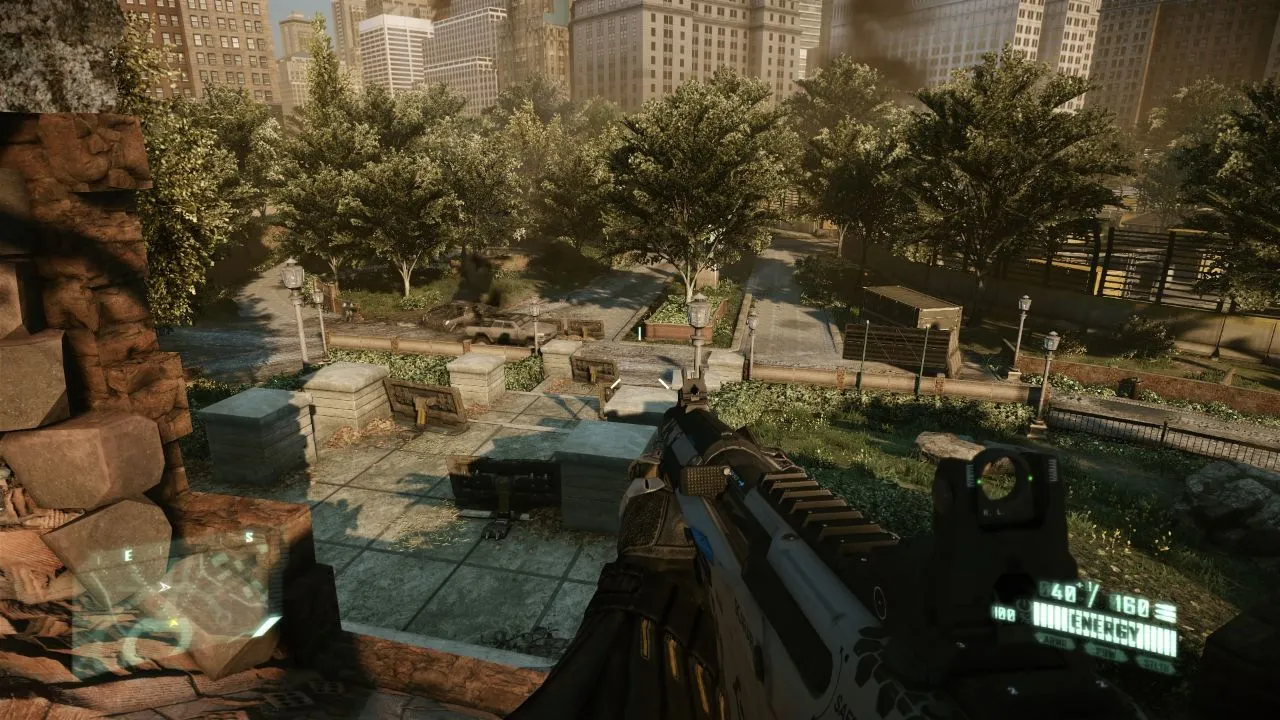
We Are The Dwarves: A Spacefaring RPG Adventure
Contents
We Are The Dwarves isn’t your typical fantasy dwarf adventure. Instead of battling elves in familiar forests, this game throws spacefaring dwarves armed with shotguns and bows into the cosmos. The vast emptiness of space is replaced with rocky terrain, and life clings to these celestial bodies bathed in starlight. Does this unique premise from Whale Rock Games translate into a good gaming experience? The answer is complicated.
A Unique Blend of RPG and Stealth Action
We Are The Dwarves is a tactical RPG where you control three dwarf astronauts on a quest to find a new star for their dying race. Each dwarf has unique skills and combat styles. Forcer wields a crowd-controlling shotgun with knockback, Smashfist excels in close-quarters melee combat, and Shadow uses a bow for stealthy ranged attacks.
 We Are The Dwarves – Gameplay Screenshot
We Are The Dwarves – Gameplay Screenshot
Throughout your journey, you collect Dwarven Stones to unlock perks. Each dwarf has around ten perks, divided into offensive boosts, character buffs, and debuffs applied through physical attacks. Dwarven Stones are scarce, and these perks are crucial for survival, so thorough exploration is essential.
What truly sets We Are The Dwarves apart is its accessible yet challenging combat system. Unlike most action RPGs or classic RPGs, each character has four special abilities and a temporary buff, reminiscent of MOBA games. There’s no AI control, except for pre-set player commands.
Combat requires exploiting physics and environmental advantages. Instead of rushing into battle, you’ll be luring enemies and pushing them off cliffs to survive. This transforms battles into puzzle-like encounters with a touch of RNG and stealth action. Enemies have limited vision; some react to sound or light, while others have a keen sense of smell.
 We Are The Dwarves – Gameplay Screenshot
We Are The Dwarves – Gameplay Screenshot
You’ll need to avoid enemy sightlines like in the classic Commandos games, or quickly eliminate foes before reinforcements arrive (or before those insect eggs hatch!). The level design is surprisingly diverse, from navigating dark tunnels with only a flashlight while avoiding lurking bugs to floating in space, dodging gravity fields and collecting ship parts, to strategically positioning your dwarves behind rocks to ambush approaching shamans. Every successful AoE attack or enemy pushed into the abyss is a small victory against the dreaded “You are Dead” screen.
Frustrating Difficulty and Clunky Controls
We Are The Dwarves’ biggest flaw is its unforgiving difficulty. There’s a fine line between challenging and unfair, and this game crosses it. While each successful encounter brings relief, it often comes after numerous trial-and-error attempts. Despite its blend of genres, the linear level design often forces a single, predetermined strategy.
 We Are The Dwarves – Gameplay Screenshot
We Are The Dwarves – Gameplay Screenshot
Imagine a scenario with several shamans near a cliff edge, overlooking a nest of insect eggs. The obvious solution is to push them off, right? Wrong. The game prevents this due to their positioning, forcing you to bypass them and destroy the eggs instead. This is just one example of the many linear and restrictive levels. There’s little room for improvisation, and any attempt to deviate is often brutally punished. Unlike Dark Souls, the challenge rarely feels rewarding due to its unfairness and reliance on luck over skill.
 We Are The Dwarves – Gameplay Screenshot
We Are The Dwarves – Gameplay Screenshot
Adding insult to injury are the clunky controls. You can’t zoom in or out, only rotate the camera, making ambushes from blind spots a common occurrence. The pathfinding is also problematic, with characters occasionally freezing in place, taking hits until you manually click on the enemy, even when set to auto-attack.
Conclusion
We Are The Dwarves presents a novel concept with its unique blend of RPG and stealth action in space. The diverse levels and challenging combat can be engaging. However, the unforgiving difficulty, restrictive level design, and clunky controls significantly detract from the experience. While the game offers moments of brilliance, its frustrating elements ultimately prevent it from reaching its full potential.





Comments (0)